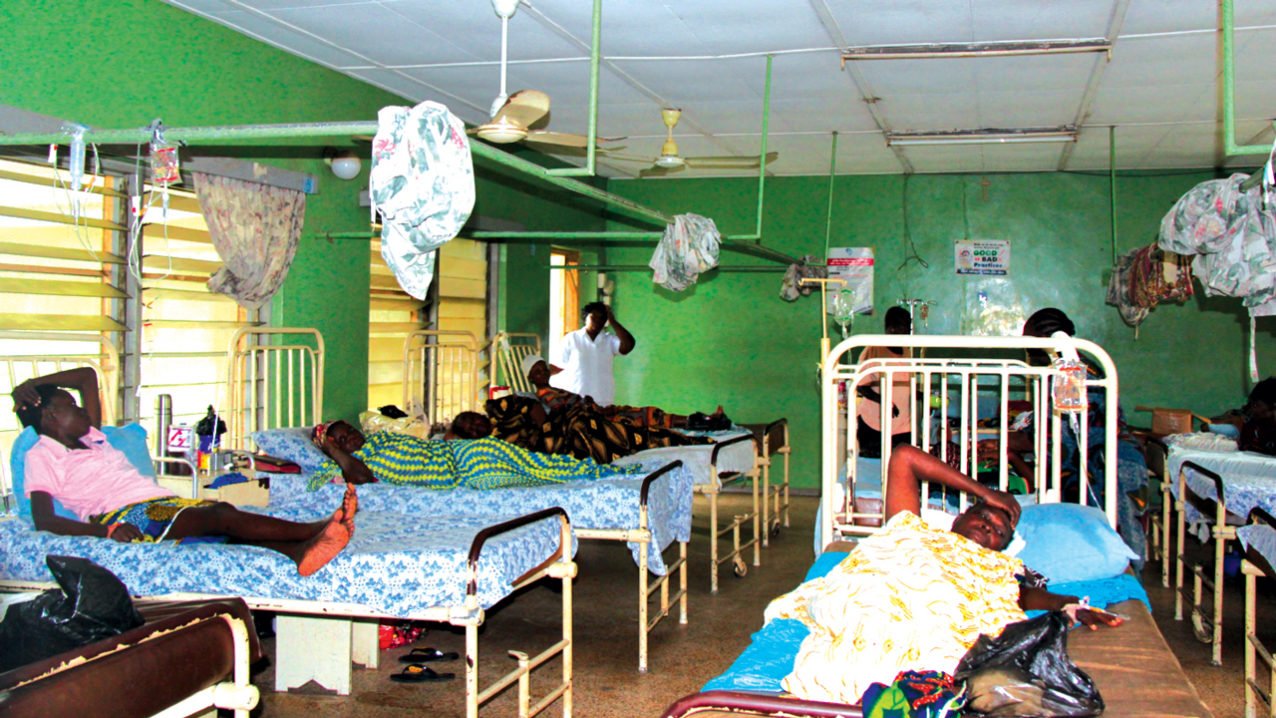About 49 erring healthcare facilities (HCFs) and 47 health maintenance organisations (HMOs) were sanctioned by the National Health Insurance Authority (NHIA) in 2024 for different infractions bordering on poor quality of service to enrollees, in accordance with its operational guidelines.
According to the NHIA, the action followed investigations into complaints received from patients enrolled into the state and national health insurance schemes, as part of its renewed focus on improving quality of service to enrolled Nigerian patients.
Key issues recorded in the complaints against HCFs were: unavailability of medicines, denial of services, out-of-pocket payment for covered services, and non-provision of payment narrations. For the HMOs, the issues related to delays or denials of referral authorization codes, delays in settlement of agreed reconciled payments, and refusal to monitor quality assurance in facilities.
These are some of the highlights of the 2024 Annual Complaints Report produced by the Enforcement Department of the NHIA under Acting Director, Enforcement, Dr. Abdulhamid Habib Abdullahi.
The report was issued in compliance with the NHIA Act 17 of 2022, which requires NHIA to establish mechanisms for receiving and resolving complaints by members of the schemes and healthcare facilities.
In all, a total of 3,507 complaints were handled during the period, out of which 2,929 complaints (84%)—the majority of which were against HCFs—were resolved.
A breakdown of the distribution of complaints reveals that 2,273 were reports against HCFs, 1,232 were against HMOs. Only two reports were recorded against enrollees by providers.
Based on the outcome of investigations, various sanctions were imposed on erring healthcare providers where indicated. Eighty-four (84) formal warnings were issued to HCFs, while 54 enrollees received refunds of ₦4,375,500 from 39 HCFs.
Four HCFs were suspended and six others were delisted. Also, 35 HMOs got warning letters and directives to institute corrective actions, while 12 HMOs were directed to refund a total of ₦748,200 to 15 enrollees.
According to the report, in 2024, all complaints were fully investigated and responded to within the standard response time of 10 to 25 days. The average complaint resolution time for complaints that required investigation was 15 days. The complaints resolution rate (within timeline) was 84%. Where issues could not be resolved within the timelines, an explanation was provided to complainants while the resolution process continued. The complaints received in 2024 were submitted through the following routes: in-person, written letters, email, telephone, the NHIA call center, and other channels.
The NHIA Complaint and Grievance Management Protocol establishes clear policies and procedures for complaints management and provides that complaints must be responded to in a timely manner. It also provides escalation procedures for complex or serious complaints.
Speaking on the development, NHIA DG, Dr. Kelechi Ohiri, described the NHIA’s complaints management process as organic to the agency’s efforts to enhance accountability, rebuild trust, and improve quality of care. This will ultimately drive higher enrolment by encouraging providers to offer current enrollees an enhanced quality of service.
“Enrollees deserve the best care and we will continue to do our best to ensure they get it. The sanctions are meant to send a clear message that the NHIA will not tolerate substandard service for enrollees.”
Ohiri commended providers who are delivering high-quality services to enrollees, describing them as worthy partners in the collective journey towards Universal Health Coverage (UHC).
He said, “With the recent actuarially derived increases of capitation and fee-for-service payments to providers, the first in 12 years, we expect more to be done for patients, not less. We must continue to work together to reduce delays in receiving care.”
“Beyond sanctions, NHIA has also put additional policies in place. The NHIA has also issued a circular mandating a limit of one hour for issuance of referral codes for treatment. If HCFs do not get a response from HMOs within one hour for enrolled patients, they should commence treatment based on the protocol established to deal with such situations.”
The report demonstrates the commitment of the Authority to transparency, accountability, and continuous improvement in the provision of healthcare services to beneficiaries, as well as provides a level playing ground for all stakeholders in the industry. This is in furtherance of President Bola Ahmed Tinubu’s vision to make Universal Health Coverage a reality for all Nigerians. (Agency Report)



